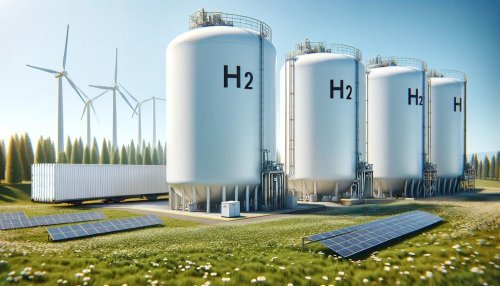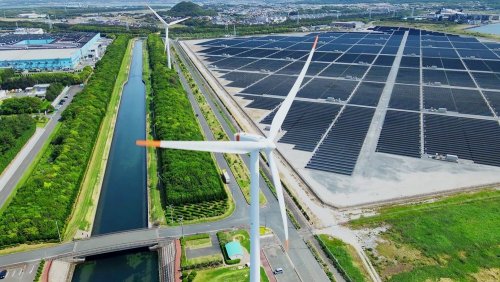The Minister of Industry of France, Roland Lescure, said that thanks to state aid, industry will become a key driver of the decarbonization of the European continent.
He emphasized that large industrial enterprises are an important lever for the decarbonization of the economy and the fight against climate change during the reindustrialization of the EU, EURACTIV reports.
He said that EU member states have made significant progress in discussing the Critical Raw Materials Act (CRMA). The document is designed to reduce the bloc's dependence on external countries for the supply of resources critical for the energy transition. An agreement is likely to be reached by July 1, 2023.
Lescure added that the law still contains a number of points of contention, including the sectoral targets for each raw material covered by the regulation.
He also pointed out that there are a number of problems with the Zero Emission Industries Act (NZIA), which is supposed to facilitate the financing and deployment of technologies and energy that are considered essential to the decarbonisation of the EU economy.
According to Lescure, France defends the full inclusion of nuclear energy in the text of the law. Currently, only innovative nuclear power is considered, but it receives less regulatory and financial development support than wind and solar technologies.
He emphasized that France also supports the idea of joint EU debt for industrial projects.
The NZIA is said to have been announced following the passage of the US Inflation Reduction Act (IRA), which incentivizes domestic production for green industries through substantial subsidies.
Lescure criticized such protectionism. In his opinion, preference should be given to the fact that the carbon footprint of the product is the main criterion for the distribution of state aid. This will benefit European manufacturing as it has a lower environmental impact than manufacturing outside of Europe. It will also support the transformation of large industry into decarbonisation pilots.
He emphasized that the ban on the destruction of unsold textile products, which is part of the ecodesign regulation, will also favor small and medium-sized enterprises over the fast fashion industry. France is also looking to extend the ban on electricity and electrical goods.
Lescure noted that the development of industry requires significant human resources. Therefore, it is important to increase the number of women in this sector.
We will remind you that at the UN Conference on Trade and Development (UNCTAD), a rating of 166 countries was published regarding their readiness for a green transition. The rating was topped by the USA, Sweden, Singapore, Switzerland and the Netherlands.
As EcoPolitics previously reported, France has published a roadmap for reducing carbon emissions by 50% by 2030 compared to the 1990 level.





